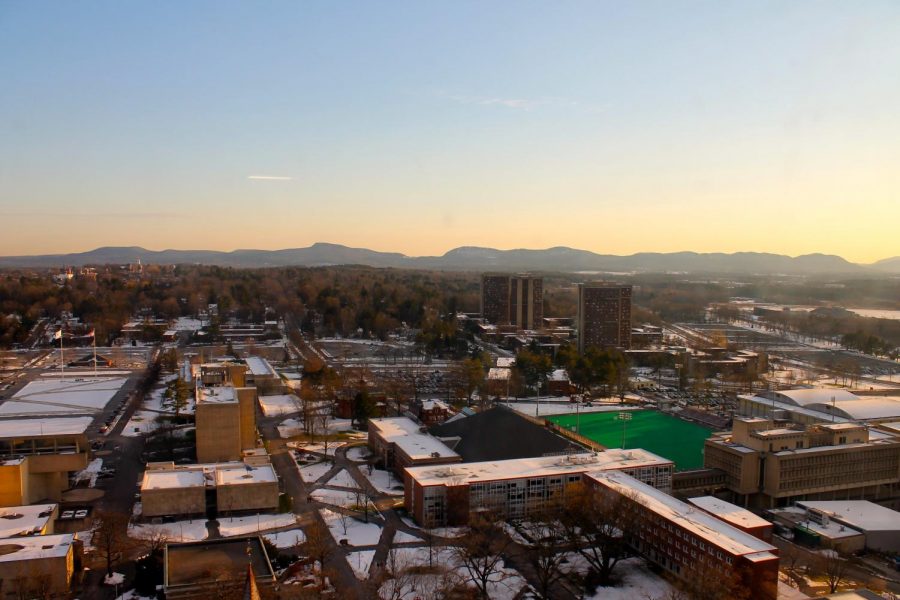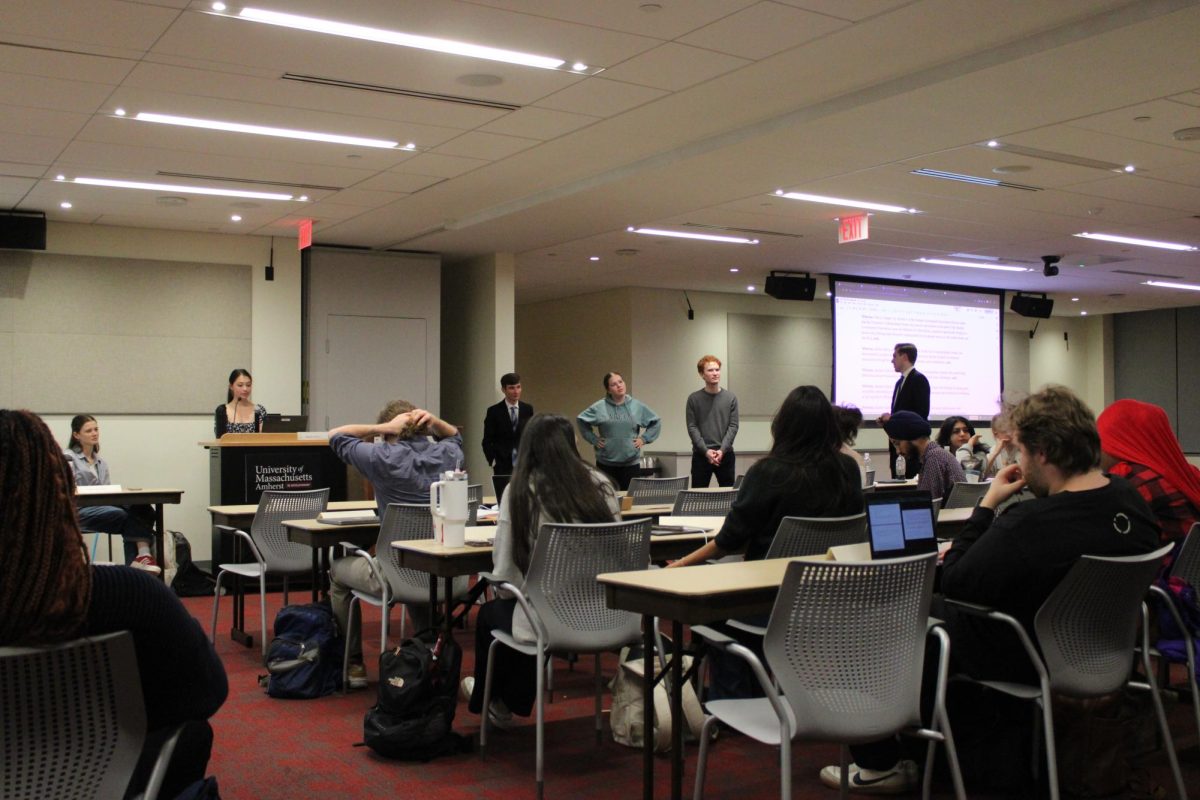Traditionally lauded for expanding public education in the United States, land-grant universities have increasingly been critiqued in recent years for their linkage to disposed indigenous land. In its Land Acknowledgement, the University of Massachusetts acknowledges its existence as one of two land-grant universities in the state.
Land-grant universities are ones that were designated to receive funding from the Morrill Acts of 1862 and 1890. The Morril Act of 1862, introduced by Vermont Congressman Justin Smith Morrill (also the namesake of the UMass Morrill Science Center), granted each state 30,000 acres of land for each of its congressional seats. The funds from the sale of this land were designated to fund colleges in the state.
What is often not acknowledged about the Morrill Act, however is that “dubiously acquired Indigenous land was the engine driving the growing nation’s land economy,” according to an investigative article published by High Country News in 2020.
Overall, the Morrill Act redistributed nearly 11 million acres of land from over 250 tribal nations, benefiting 52 land-grant universities. This amount of land is larger than the states of Massachusetts and Connecticut combined.
These lands were taken from Indigenous peoples through outright seizures or lopsided treaties that severely undervalued the price of the land in the purchasing process.
In these treaties through which the federal government acquired lands from tribal nations, High Country News quotes Jameson Sweet (Lakota/Dakota) that, “‘You can point to every treaty where there’s some kind of fraud, where there’s some kind of coercion going on, or they’re taking advantage of some extreme poverty or something like that so they can purchase the land at rock bottom prices.’”
According to a UMass Magazine article from the summer of 1999, the state of Massachusetts received 2, 250 scrips — pieces of paper worth 160 acres of land each — representing a total of roughly 360,000 acres. The land received was not the land specifically for campuses to be built on, but rather land outside of New England that the state could sell to gain revenue to fund campuses back home.
The revenue from the sale of this land was designated to be spilt 2/3 to UMass and 1/3 to the Massachusetts Institute of Technology, the only other land-grant university in the state.
According to the High Country News investigation, the United States paid $9,177 to Indigenous nations for the land parcels UMass received benefits from, while the school received a $158,313 endowment from the sale of this land – a 17:1 endowment return.
According to the University’s Land Acknowledgement, the University benefited from the cessions of 82 native nations found in Kansas, Nebraska, California, Minnesota and other western states. The tribal lands dispossessed that UMass most benefited from was that of the Great and Little Osage, Chippewa and Omaha.
Some scholars critique land-grant universities as a form of settler colonialism. University of California Riverside Professor Margaret Nash explains in a journal article that the sale of appropriated lands in the West encouraged westward migration and settlement. She also adds that because of the grant’s promotion of practical and agricultural education, land-grant universities asserted dominant values that fostered “capitalism, industrialization, and nation-state building.”
“The land-grant policy and the growth of the colleges also further erased Native American rights and history,” Nash writes.
Irina Costache can be reached at [email protected] and followed on Twitter @irinaacostache.




















